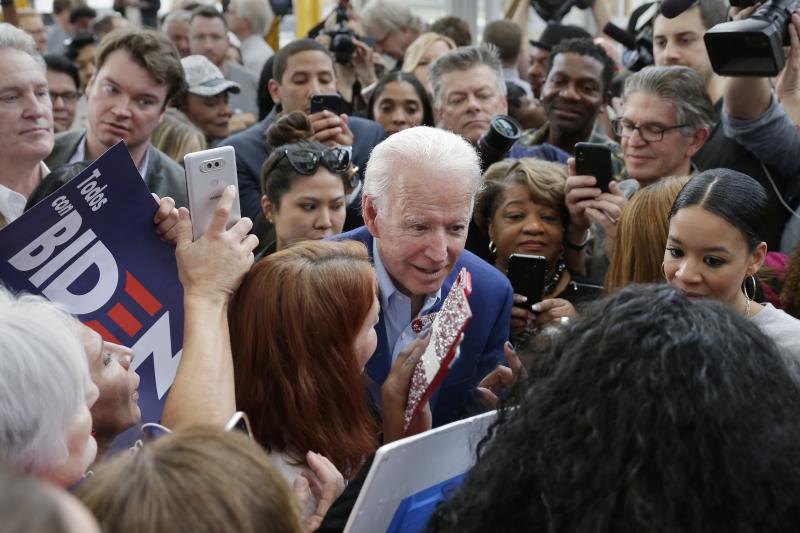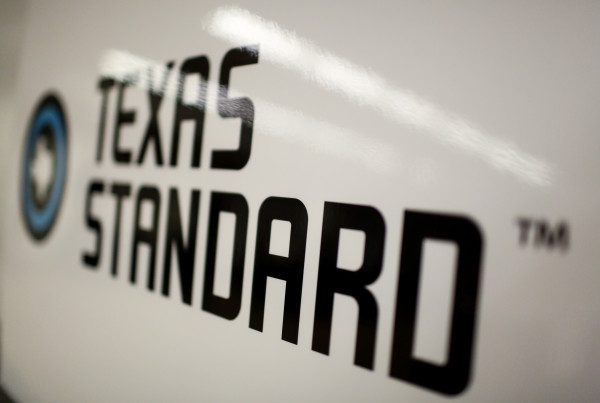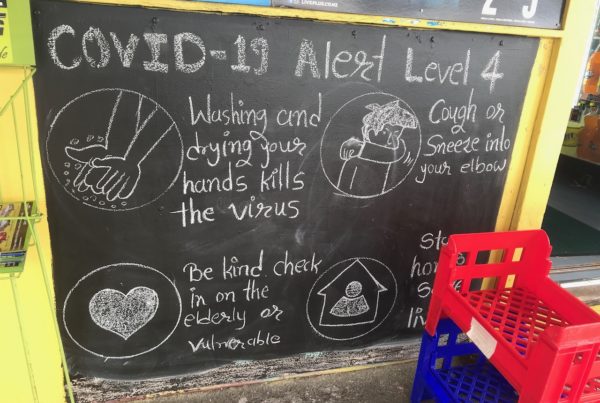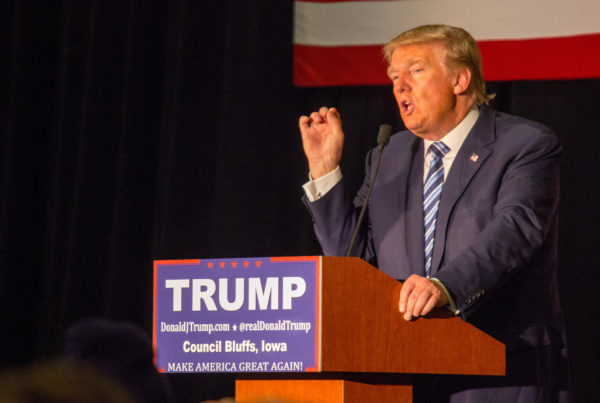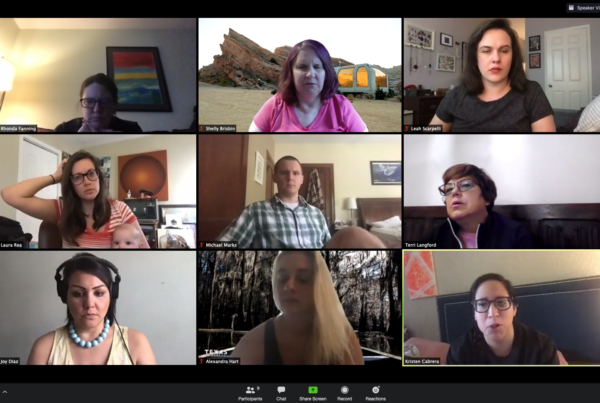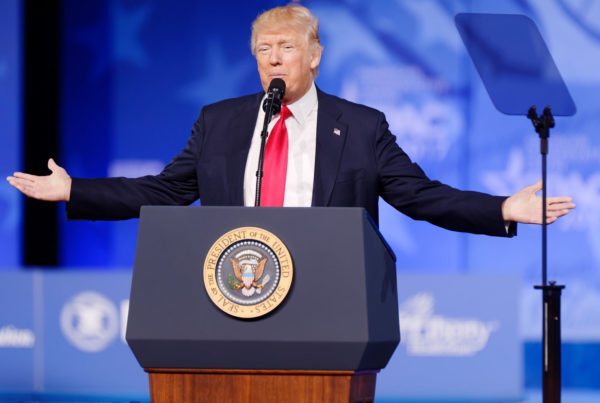From KERA:
Former Vice President Joe Biden first tantalized Democrats when he tossed out a television ad in Texas in mid-July. The campaign aired versions of the spot in three other states.
Biden followed it up this week when his campaign announced a $280 million purchase of political ads for this fall in 15 states, Texas among them. The buy includes $220 million in broadcast ads and $60 million in digital ads.
The Biden campaign wouldn’t say, however, exactly what share will be dedicated to the Lone Star State.
Democrats in Texas are urging him to mount a full-fledged campaign here, and polls have him running neck and neck in the state with President Trump.
In a statement this week, Texas Democratic Party Executive Director Manny Garcia said, “if we do the work and continue to fight for Texas families, Joe Biden and the rest of the Texas Democratic ticket will win up and down the ballot in November.”
But it’s still not certain how forcefully Biden will compete in Texas.
So, what would a full-fledged campaign require?
1. Money
The high price of running a statewide campaign has a lot to do with Texas’ big four media markets – Dallas-Fort Worth, Houston, Austin and San Antonio. In his 2018 U.S. Senate race, Democrat Beto O’Rourke spent $29.5 million on advertising, with 34% going to digital ads. He lost by 2.6 points to Republican Ted Cruz, who spent $12.6 million in advertising with 8.2% on digital, according to the Wesleyan Media Project.
Steve Passwaiter, vice president and general manager of Kantar/CMAG, said there will be even more competition for airtime this year because a wide range of advertisers are looking to make up ground lost to the coronavirus.
“When you get into October, and it’s the fourth quarter, and you’ve got retailers ramping up for the holidays, there’s obviously a lot more demand,” he said. “That means prices could be twice as high. [It] could be three times as high.”
In short, Passwaiter said, “You better bring your wallet” to compete in Texas.
2. A Statewide Strategy
Consultants for both Democratic and Republican candidates in Texas said a campaign also needs a strategy for the entire state.
Chris Chu de León was Bernie Sanders’ state director and worked on O’Rourke’s presidential and Senate campaigns. He said for O’Rourke’s Senate run, they started canvassing too late in the Rio Grande Valley, where many Latino voters live.
“We launched a major canvassing program in communities of color only a month and a half before the election,” he said. “That was when we expanded it. We had one in the Valley, in South Texas as a whole. And the numbers weren’t there.”
The numbers on Election Day, that is. Organizing earlier in the Valley, said Chu de León, could have put O’Rourke over the top in 2018. He also pointed out Gov. Greg Abbott prioritized outreach to communities of color and won re-election by a wide margin.
“Unless Biden shows presence in urban centers and in communities of color, they’re not necessarily going to feel this loyalty to Biden or to even turn out in general,” said Chu de León.
Along those lines, consultant Brian Brown at RedRock Strategies also thinks truly contesting Texas would require a full-state strategy. Brown, who typically works for Republican candidates, said running ads in just the biggest markets would limit your message to about two-thirds of voters.
“Each media market kind of has its own culture, language, issues, etc. to where you really have to go all-in,” he said.
There are 20 media markets in Texas.
3. Staff
A statewide federal campaign often shares staff with national and state parties as part of a coordinated campaign. A Biden spokesperson said they are coordinating with the Democratic National Committee and the Texas Democratic Party but would not give a specific number of Texas staff on its payroll.
A spokesman for the Texas Democratic Party said they currently have 100 staff on the ground as part of its coordinated campaign.
Brown put the typical number of paid staff at around 100, with thousands of volunteers. Chu de León, however, thinks Biden would need to hire at least 500 paid staff to compete in Texas, although he could use partnerships to reach that number.
Whatever the amount, Brown said staff duties will be different this year because of the pandemic.
“You can’t hold these events and these roundtables. You can’t have as many surrogates go to events and speak on your behalf,” Brown said. “So it’s either the candidate directly through a video conference, or paid media” to reach voters.
4. Command Of The Numbers
Much has been made of Texa’’ changing demographics and out-of-town transplants moving to the state.
Knowing your possible pool of voters, said Mary Beth Rogers, is a major first step in deciding whether or not to compete in Texas.
“I’d really look very hard at the demographic shifts and the cultural changes in the suburbs that surround the largest cities,” said Rogers, who was campaign manager for former Gov. Ann Richards. “Biden doesn’t have to win places like Collin County, he just has to improve the overall Democratic percentage there and by so doing, he could carry Texas.”
What About Opportunity Cost?
It’s possible Biden will spend in Texas not necessarily to win, but to force the president to defend his position in the state, which Trump won by nine points in 2016.
The Trump campaign has announced its own big national ad buy, but so far no Trump ads are bound for Texas. The campaign would not release the specific number of staffers it has in Texas, but instead touted its national ground game.
“With less than three months until Election Day and just now building a team in the Lone Star State, Joe Biden’s last ditch effort will not be enough to overcome our presence and the enthusiasm for President Trump in Texas,” said Trump Victory Spokesperson Samantha Cotten in an email.
Brian Brown pointed out that Texas isn’t a coin flip like Florida or Pennsylvania. It hasn’t elected a statewide Democrat in 25 years.
And a dollar spent contesting a difficult state like Texas is a dollar not spent elsewhere.
“They’re going to make strategic decisions of, ‘Do I go run an advertisement in the Houston or Dallas or Austin or Waco media market? Or do I focus on Cincinnati and Columbus and Des Moines and Detroit, [where] voters historically have been the ones that decide who the next president of the United States is?'” he said.


